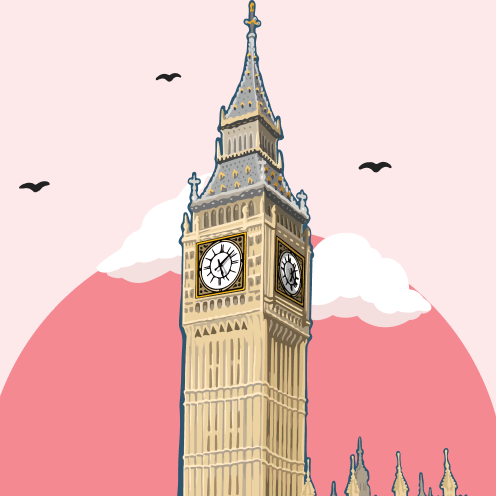The Labour government has been accused of being “asleep at the wheel” as new data has shown that there were a record 518,000 waits of 12 hours or longer in A&E last year.
The figure, produced by the Liberal Democrats, is nearly 400-times higher than 2015’s figure of 1,306.
The data shows that the number of 12-hour waits, recorded from the point of admission, has increased by more than 100,000 on 2023’s figure of 415,000 – a 25 per cent jump.
Prior to the pandemic in 2019 there were just 8,272 waits of 12 hours or longer.
In December 2023 alone, 54,000 patients waited 12 hours or longer in A&E, up 23-fold on the December 2019’s figure of just 2,356.
The Liberal Democrats said the figures were “shocking and dangerous”, pointing to research by the Royal College of Emergency Medicine (RCEM), which estimates that in 2023 14,000 deaths were associated with long waits in A&E.
It comes just days after the prime minister said rebuilding the NHS is the “cornerstone” of rebuilding Britain as he pledged to fight for it “day and night” in a major speech on health service reform.
Sir Keir unveiled more detail about his plans for tackling NHS waiting lists, with the aim of slashing the number of people waiting longer than 18 weeks for treatment in England by nearly half a million over the next year.
He said he will also expand the use of the private sector, acknowledging that some will “not like this” but saying he is “not interested in putting ideology before patients”.
But the Lib Dems’ health and social care spokesperson Helen Morgan claimed the new government “looks to be asleep at the wheel”, calling on the health secretary to come forward with an emergency plan to tackle the crisis.
They urged the government to urgently increase the number of hospital beds to bring bed occupancy levels down to the safe level of 85 per cent, as well as demanding the government set up a pandemic-style emergency recruitment campaign to bring staff out of retirement and back into the workforce.
Data from the RCEM showed that occupancy levels currently stand at 93 per cent.
It comes as the number of people in hospital with flu in England continues to rise, with staff reporting they are under the same pressure as at the height of the Covid pandemic, the NHS medical director has said. Meanwhile, around 20 NHS trusts across England declared critical incidents last week.
Sarah Arnold, senior policy lead at the King’s Fund, warned that “NHS services are run worryingly close to full capacity” throughout the year, meaning that cold weather spikes in demand “can be catastrophic.”
Ms Morgan said the long A&E wait times are “putting patient lives at risk and leaving staff struggling to cope”.
“After years of the previous Conservative government running our NHS into the ground, our emergency services are facing collapse and patients are paying the price”, she said.
“The new government looks to be asleep at the wheel and must take rapid action to remedy this crisis. This must start with the Health Secretary producing an emergency plan to protect patients from this ongoing disaster.”
Data from NHS England shows there were an average of 5,408 flu patients in beds in England each day last week, including 256 in critical care.
This is up 21 per cent from 4,469 the previous week, when 211 were in critical care. It is also nearly five times the number on December 1, when the total stood at 1,098.
Professor Sir Stephen Powis, NHS national medical director, said it was hard to quantify “how tough it is for frontline staff at the moment – with some staff working in A&E saying that their days at work feel like some of the days we had during the height of the pandemic”.
The average number of flu patients in hospital in England each day last week is much higher than at this point last winter, when the average was just 1,548. It is also higher than this stage two years ago.
The data further showed that 42.2 per cent of patients arriving by ambulance at hospitals last week waited at least 30 minutes to be handed over to A&E teams – the highest figure so far this winter.
Some 21.3 per cent of ambulance handovers last week, or 19,554 patients, were delayed by more than an hour, again, the highest figure so far this winter.
Ms Arnold said: “With depressing predictability, health services are in the depths of the annual NHS winter crisis.
“There are already reports of patients waiting more than two days to be seen in A&E, long ambulance handover delays, and critical incidents have been declared at hospitals up and down the country.
“The consequence is that patients are being cared for in unsuitable conditions such as trolley beds in hospital corridors.
“Extreme pressures in A&E are the bellwether for a healthcare system that is under intense strain.”
DHSC COMING BACK WITH COMMENT
Source: independent.co.uk



